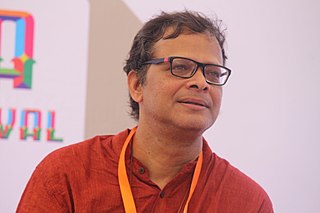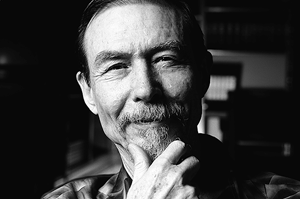A Quote by Blaise Pascal
If they [Plato and Aristotle] wrote about politics it was as if to lay down rules for a madhouse. And if they pretended to treat it as something really important it was because they knew that the madmen they were talking to believed themselves to be kings and emperors. They humored these beliefs in order to calm down their madness with as little harm as possible.
Related Quotes
Through Plato, Aristotle came to believe in God; but Plato never attempted to prove His reality. Aristotle had to do so. Plato contemplated Him; Aristotle produced arguments to demonstrate Him. Plato never defined Him; but Aristotle thought God through logically, and concluded with entire satisfaction to himself that He was the Unmoved Mover.
Philosophy, beginning in wonder, as Plato and Aristotle said, is able to fancy everything different from what it is. It sees the familiar as if it were strange, and the strange as if it were familiar. It can take things up and lay them down again. It rouses us from our native dogmatic slumber and breaks up our caked prejudices.
Something I had learned from 30 years as a psychotherapist turned Fortune 500 executive coach when helping people to calm down is that it is much less important what you tell others than what you enable them to tell you and, in the process, tell themselves that results in them calming themselves down.
"Only write what you know" is very good advice. I do my best to stick to it. I wrote about gods and dreams and America because I knew about them. And I wrote about what it's like to wander into Faerie because I knew about that. I wrote about living underneath London because I knew about that too. And I put people into the stories because I knew them: the ones with pumpkins for heads, and the serial killers with eyes for teeth, and the little chocolate people filled with raspberry cream and the rest of them.
I didn't go to bookshops to buy. That's a little bourgeois. I went because they were civilized places. It made me happy there were people who sat down and wrote and wrote and wrote and there were other people who devoted their lives to making those words into books. It was lovely. Like standing in the middle of civilization.
You have to lay down in the center of the action lay down and wait until it charges then you must get up face it get it before it gets you the whole process is more shy than vulnerable so lay down and wait sometimes it's ten minutes sometimes it's years sometimes it never arrives but you can't rush it push it there's no way to cheat or get a jump on it you have to lay down lay down and wait like an animal .
Was it Aristotle who said the human soul is composed of reason, will, and desire?” “No, that was Plato. Aristotle and Plato were as different as Mel Tormé and Bing Crosby. In any case, things were a lot simpler in the old days,” Komatsu said. “Wouldn’t it be fun to imagine reason, will, and desire engaged in a fierce debate around a table?
I remember the first joke that I made, which went over terribly. I was at my cousin's birthday party in Brooklyn. I was a little kid and she was a little older. They were going around introducing themselves; I was probably four, and I was very eager to impress all of these older New York kids. They went down the line and were like, "I'm Jake," "I'm Jane," "I'm Silvia," and I said, "I'm hungry," because I thought that was really going to bring the house down.
My understanding of my faith is that - through a Christian framework - part of what we are called to do is to lay down our own self-interests, after the model of divinity that comes into this world in the form of Christ and lays down his life. And in order to do that, you have to care about something or someone more than yourself.
I was a big fan of a writer named Jack Vance, a science fiction writer. He always wrote about these guys who were either going down a river in a strange world or would be in this one land where people acted really strange, and he'd have these interactions with them that were strange - he'd usually get run out of town or something. Then he'd end up in the next town over where the rules were totally different. And I love this stuff.








































